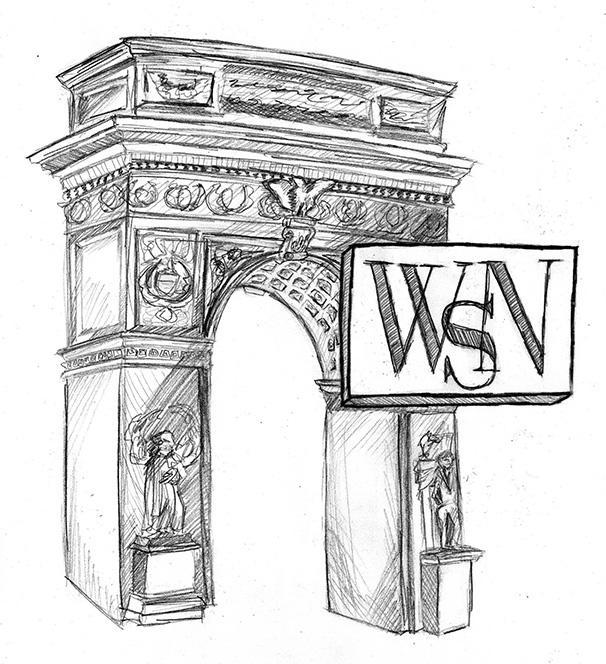There Are No Facts Left to Check in 2016
October 17, 2016
Alphabet Inc.’s news aggregator, Google News, has been helping individuals sift through the day’s most relevant stories with ease since its launch in 2002. Recently, Google News unveiled a new feature: fact checks. While this isn’t entirely surprising given the nature of the current presidential election season, it is indeed noteworthy. The fact check tag will join other labels like “Opinion,” “In-Depth” and “Highly Cited,” which can be found below the featured story, and it will merely link to unbiased fact checks by legitimate news sources.
In some ways, Google News’ decision to introduce its fact check feature is reminiscent of Facebook’s overhaul of its News section. Once these news aggregators move into the realm of actual journalism, there are ethical perils that naturally follow. Facebook eventually got rid of its human editors in favor of an unbiased and uncritical algorithm to determine what is displayed. Google News, however, should not implement a Facebook-like algorithm — fact checking, by default, requires some human input to determine what kind of sources are considered credible. Google News’ fact checking is a smart way of sourcing facts for uninformed voters, and an algorithm diminishes the ability to ensure the facts are sourced intelligently. Even though everyone to some degree is partisan — there is no way to remove implicit bias from people — there are news sources, like The New York Times, that pride themselves on doing ethical, credible journalism, as opposed to the multitude of partisan blogs out there.
Candidates who skirt the truth are staples of American politics, but the presidential race this year has moved beyond the usual exaggerations to flagrant lies. This is the first time that any major U.S. news publication has used the word “lie” to call out a political candidate. Politifact has rated a whopping 71% of Donald Trump’s statements as “Mostly False,” “False” or “Pants on Fire,” prompting Hillary Clinton to repeatedly urge viewers to fact check his remarks during debates. Candidates cannot waste their precious speaking time pointing out the flaws in their opponent’s message, leaving the responsibility of fact checking to the moderators.
But when a candidate dismisses these moderators as being part of a rigged system — as Trump did to Martha Raddatz and Anderson Cooper in the last debate — they cannot be held accountable. By implementing fact checkers on the news sites voters visit, Google News and other aggregators can credibly reach out to their audience. Google News’ fact checking feature is ultimately a step in the right direction as it allows voters to be active participants in the election, instead of passively absorbing candidates’ claims. But it is somewhat unfortunate that this measure was even necessary. People who are running to be the next leader of the free world should not necessitate constant fact checking — ideally, there would be some truth to the messages they espouse. We can only hope that this election cycle has not normalized a political culture that values smarmy showmanship over actual facts.
A version of this article appeared in the Monday, October 17th print edition. Email the WSN Editorial Board at [email protected].



























































































































































